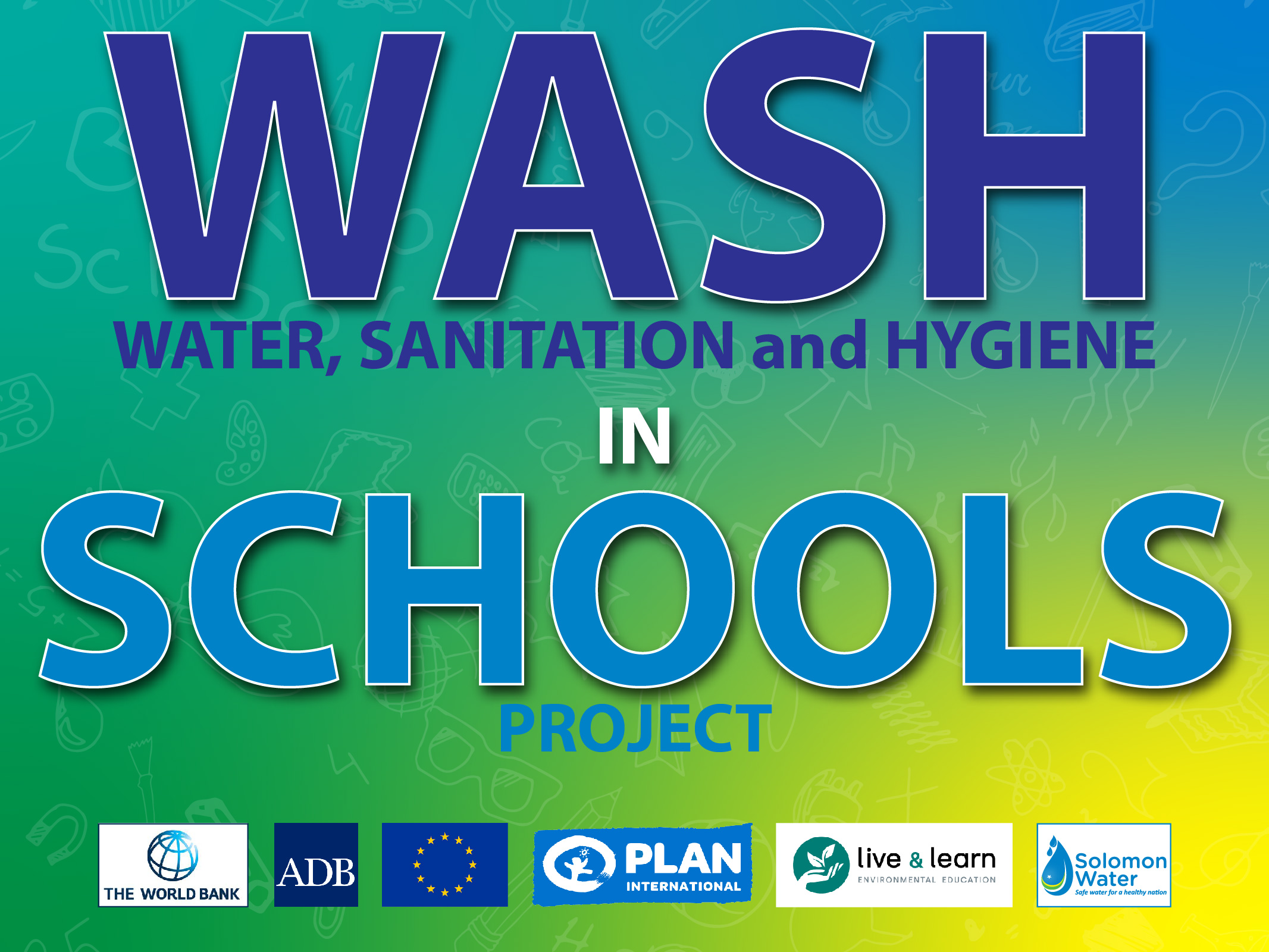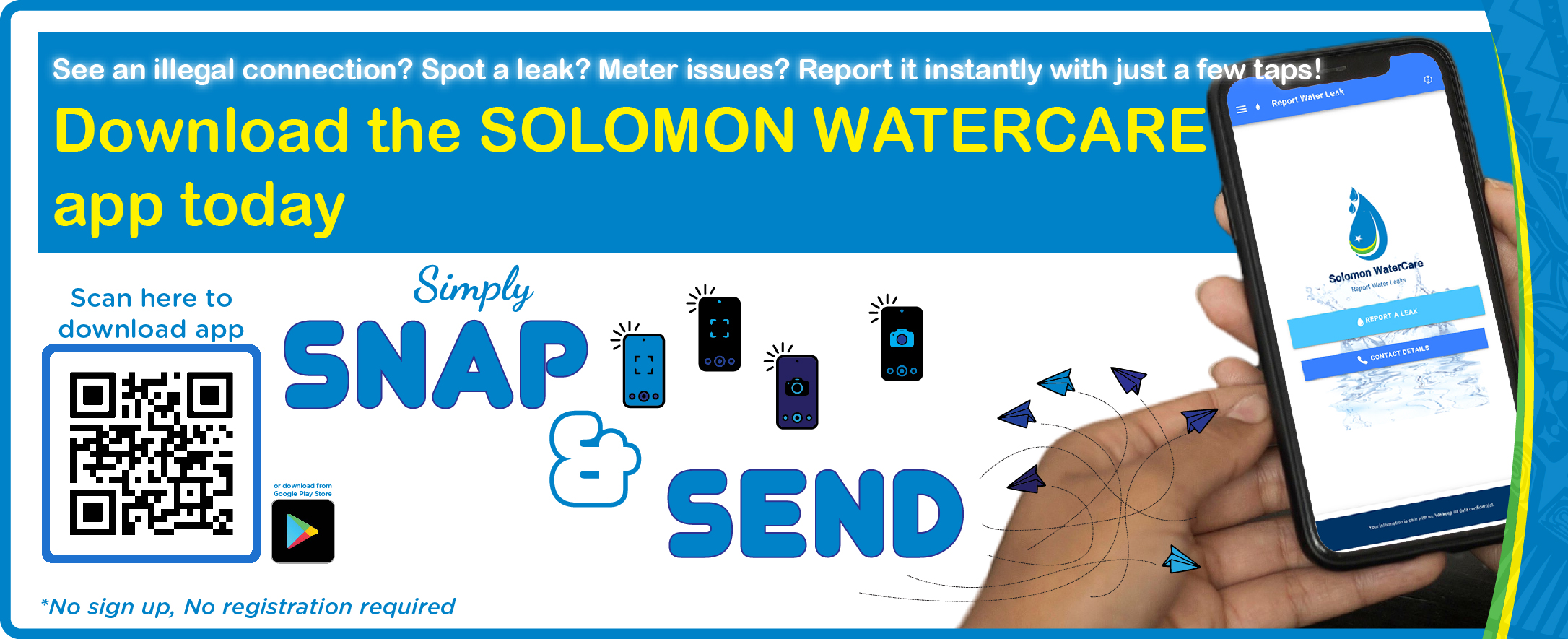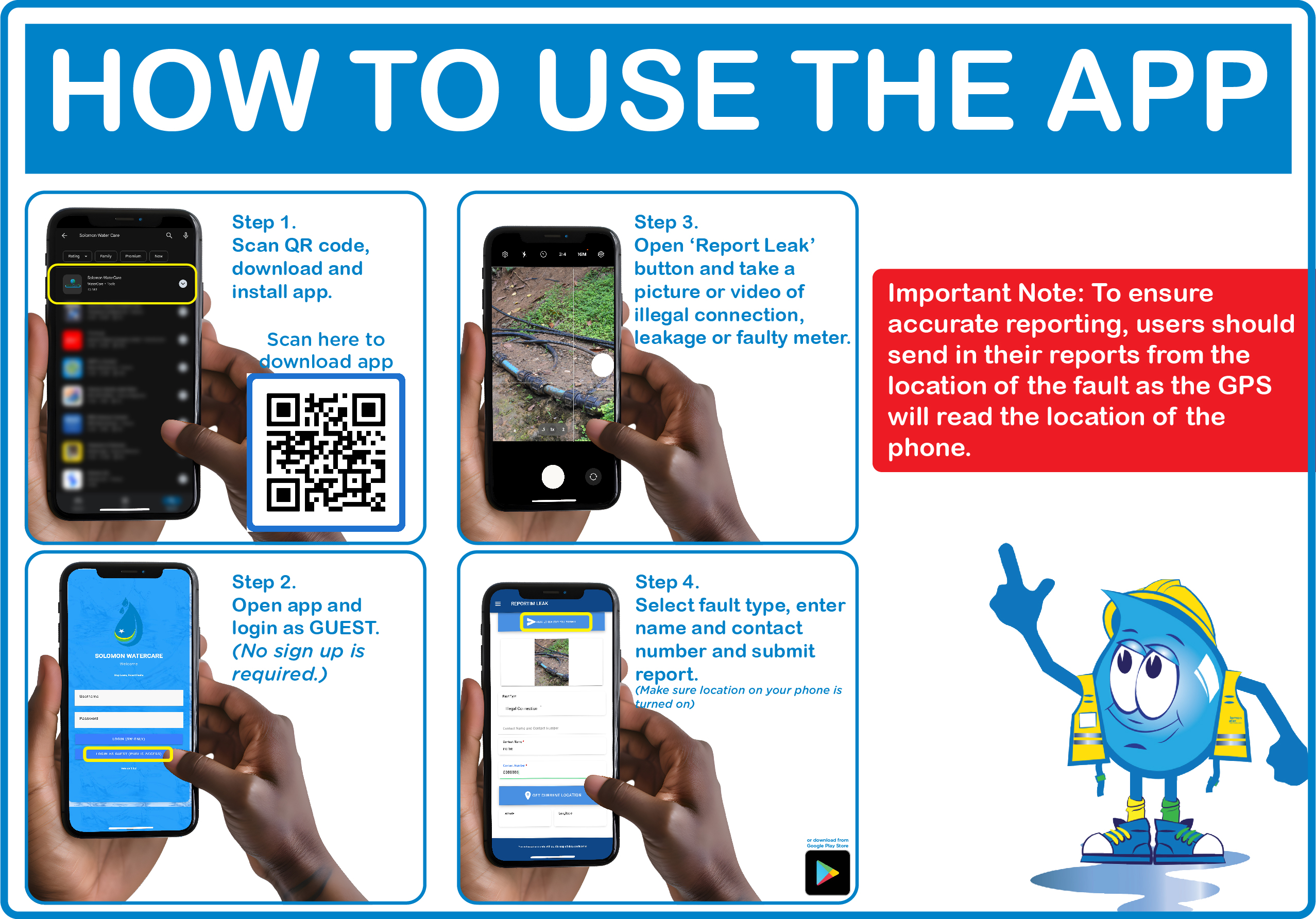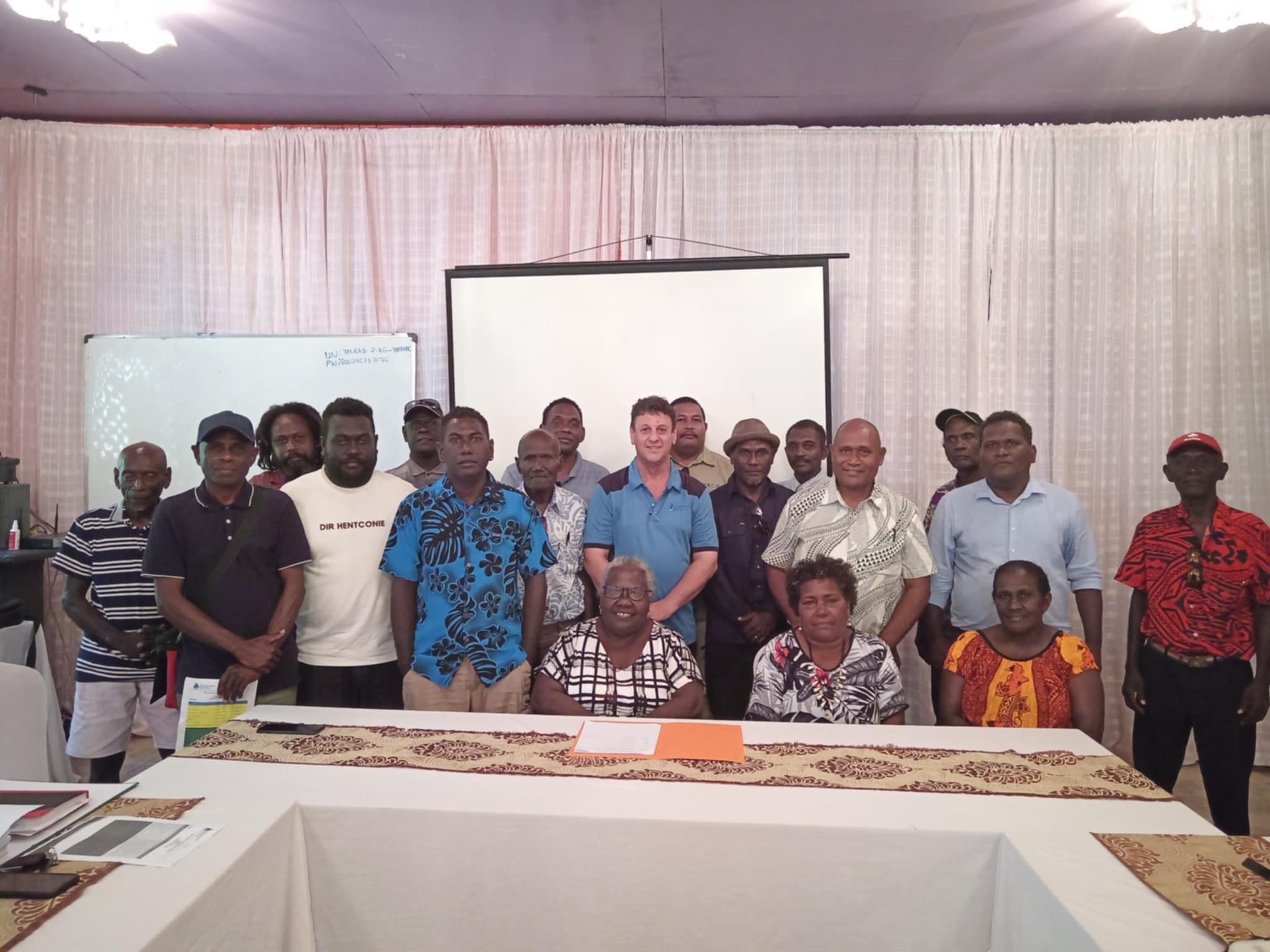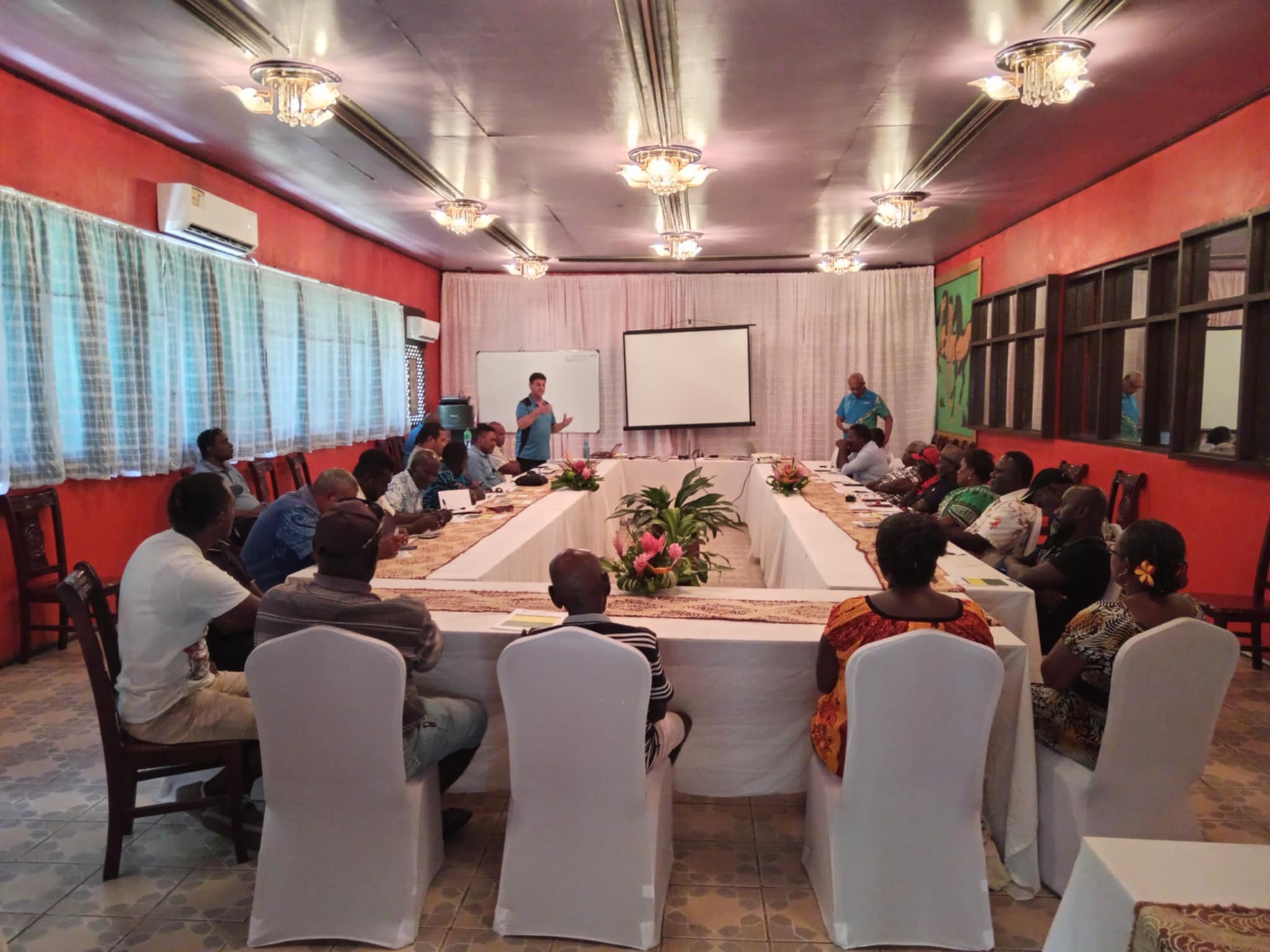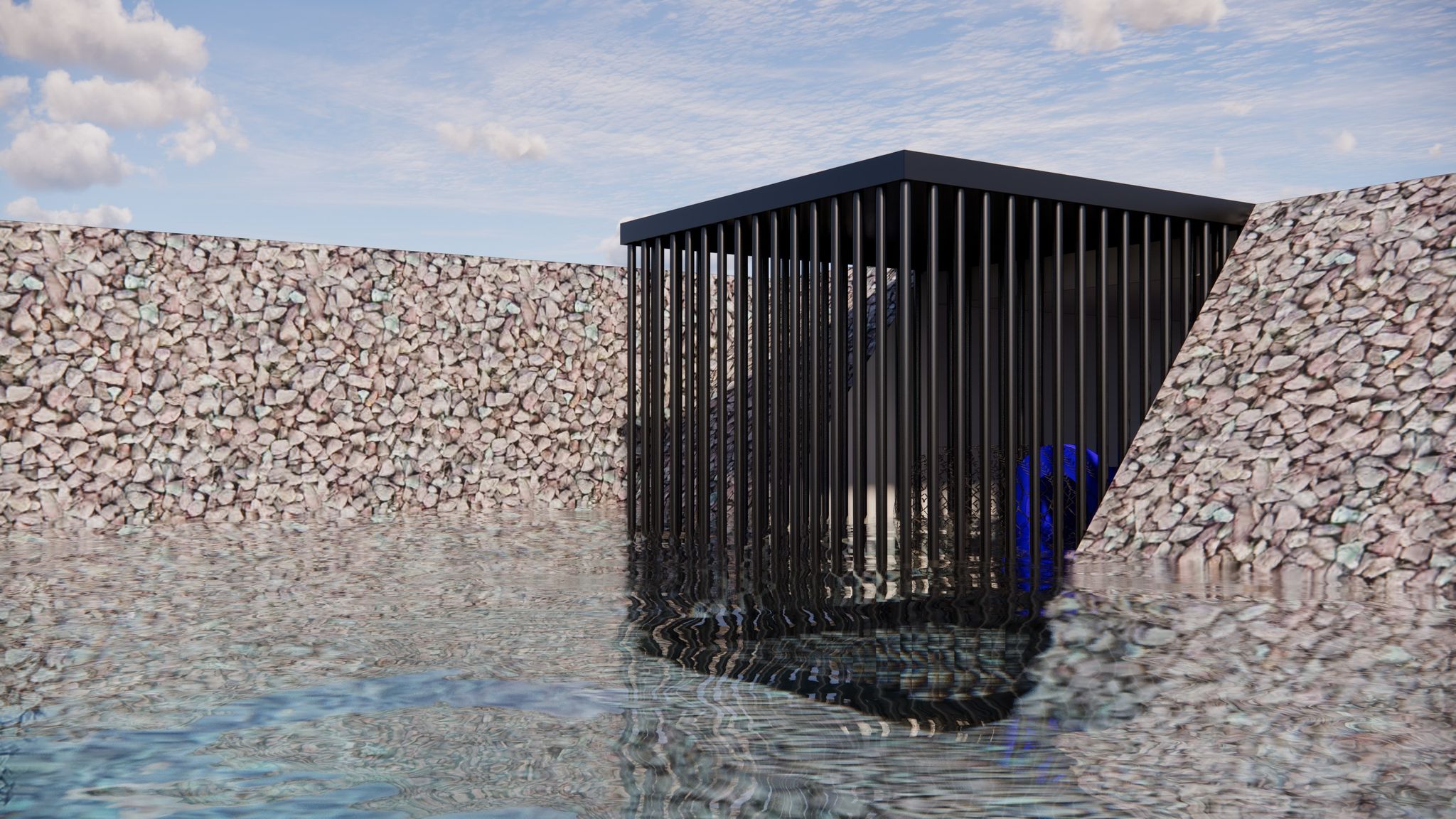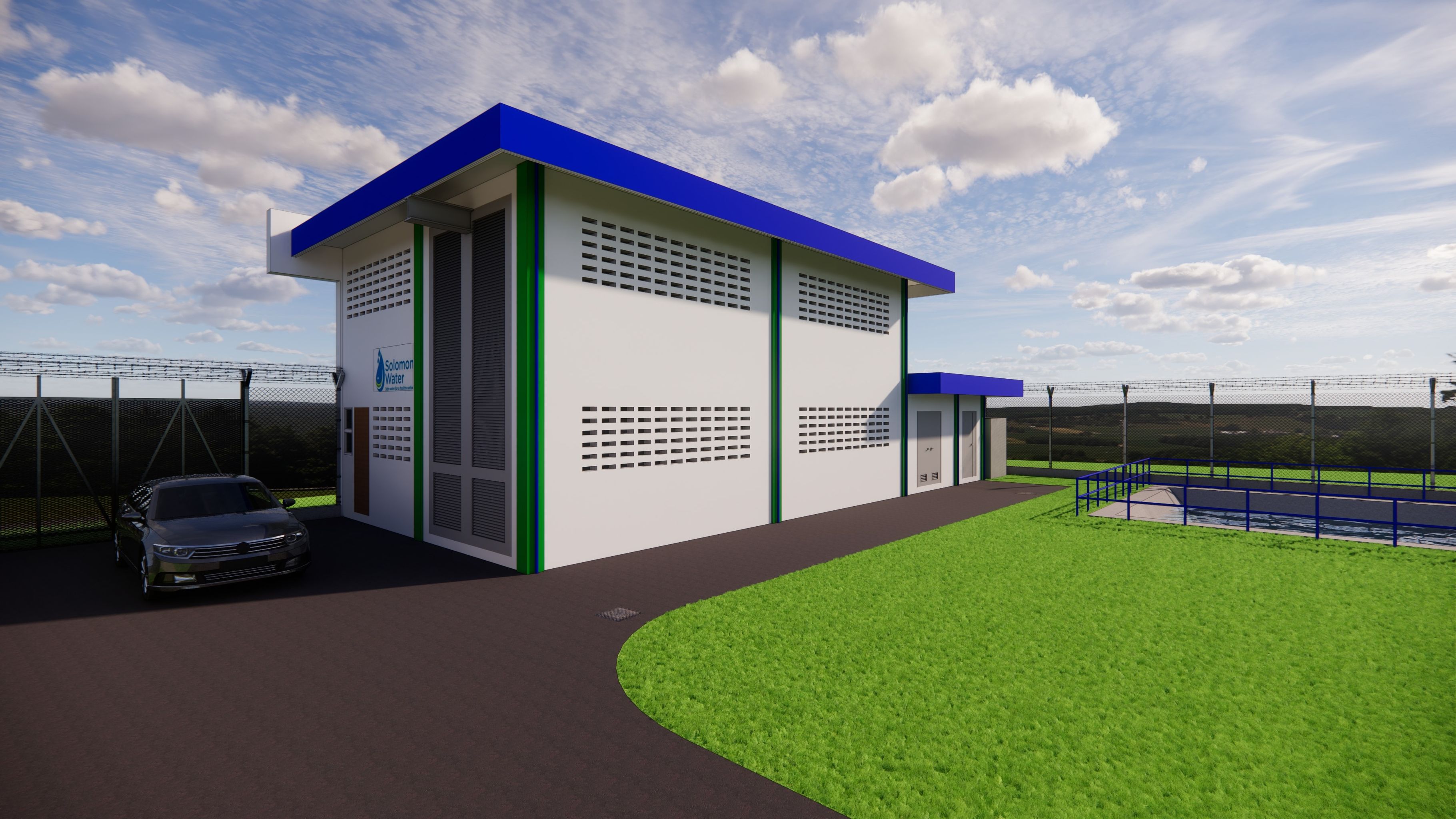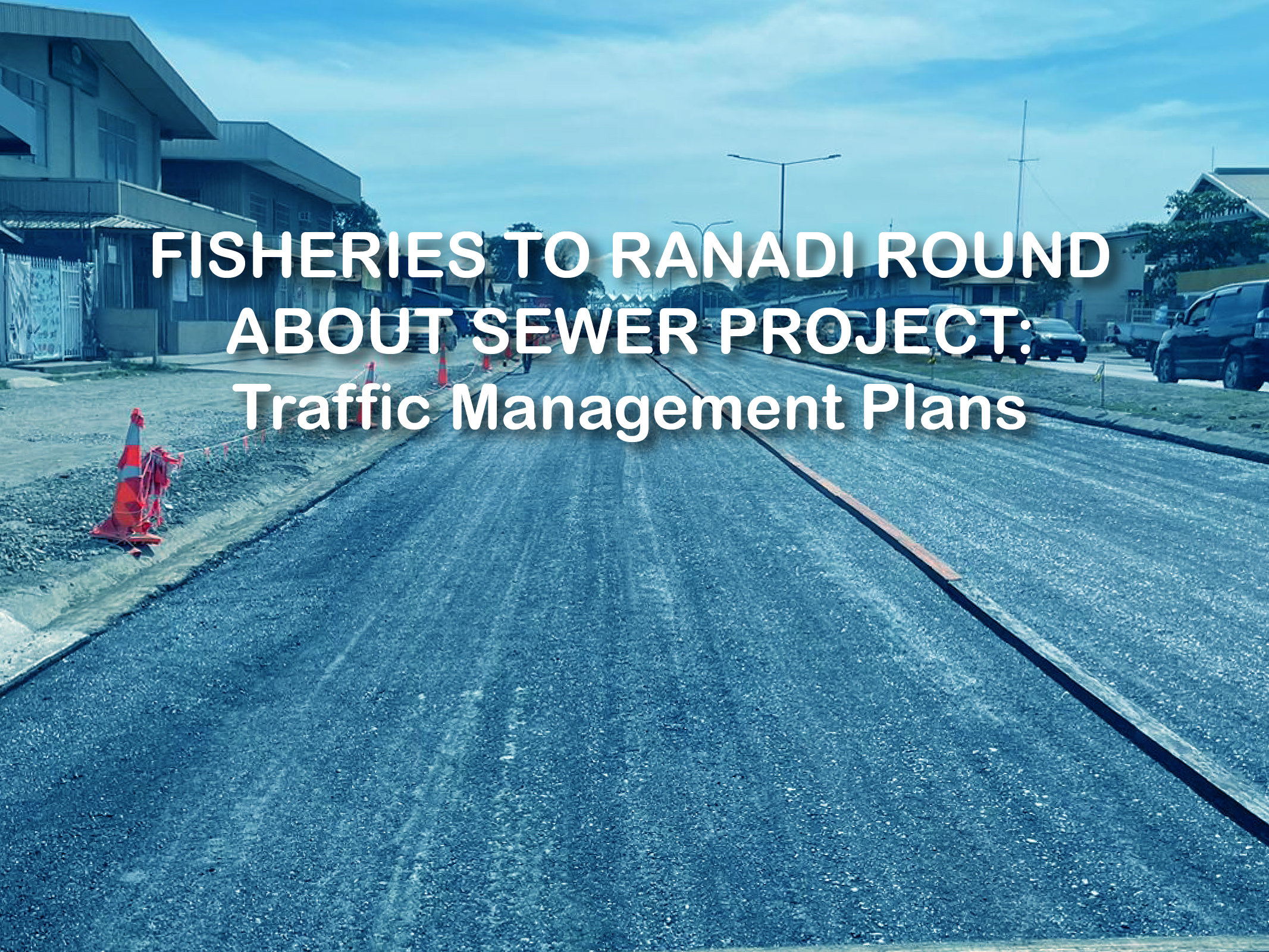Building for the Future: Solomon Islands Water Authority’s Fisheries to Ranadi roundabout Sewer Project.
As Honiara continues to grow, so too does the need for better infrastructure to support the city's population. One of the most critical issues facing the capital today is sanitation. SIWA is stepping up to meet this challenge with its ambitious new Fisheries to Telekom Sewer project—a long-term solution that will address the sanitation needs of both current and future generations.
The Importance of Sanitation
While modern conveniences often go unnoticed, the role of proper sanitation is undeniably crucial to public health. A poll conducted by the British Medical Journal named sanitation as the greatest medical milestone of the last 150 years. Without effective systems to manage wastewater, communities face increased risks of disease, environmental damage, and unsanitary living conditions.
In Honiara, only around 700 properties are connected to the main sewer system, leaving many residents reliant on septic tanks or even less effective waste disposal methods. This is where the new sewer comes in. By laying down this extensive new pipe network, SIWA is not only enhancing the city’s current capabilities but also creating the capacity for over 13,000 new sewer connections. This investment will meet the city’s needs for at least the next 30 years.
The Scale of the Project
At first glance, it may be hard to grasp the sheer size of the project. The new sewer is a massive undertaking, with pipe diameters reaching up to 700mm—large enough for an adult to comfortably crawl through. The pipes are buried deep underground, with the deepest sections near Ranadi Roundabout being over 6 meters below the surface. This depth is necessary to ensure the system can rely on gravity to transport wastewater efficiently.
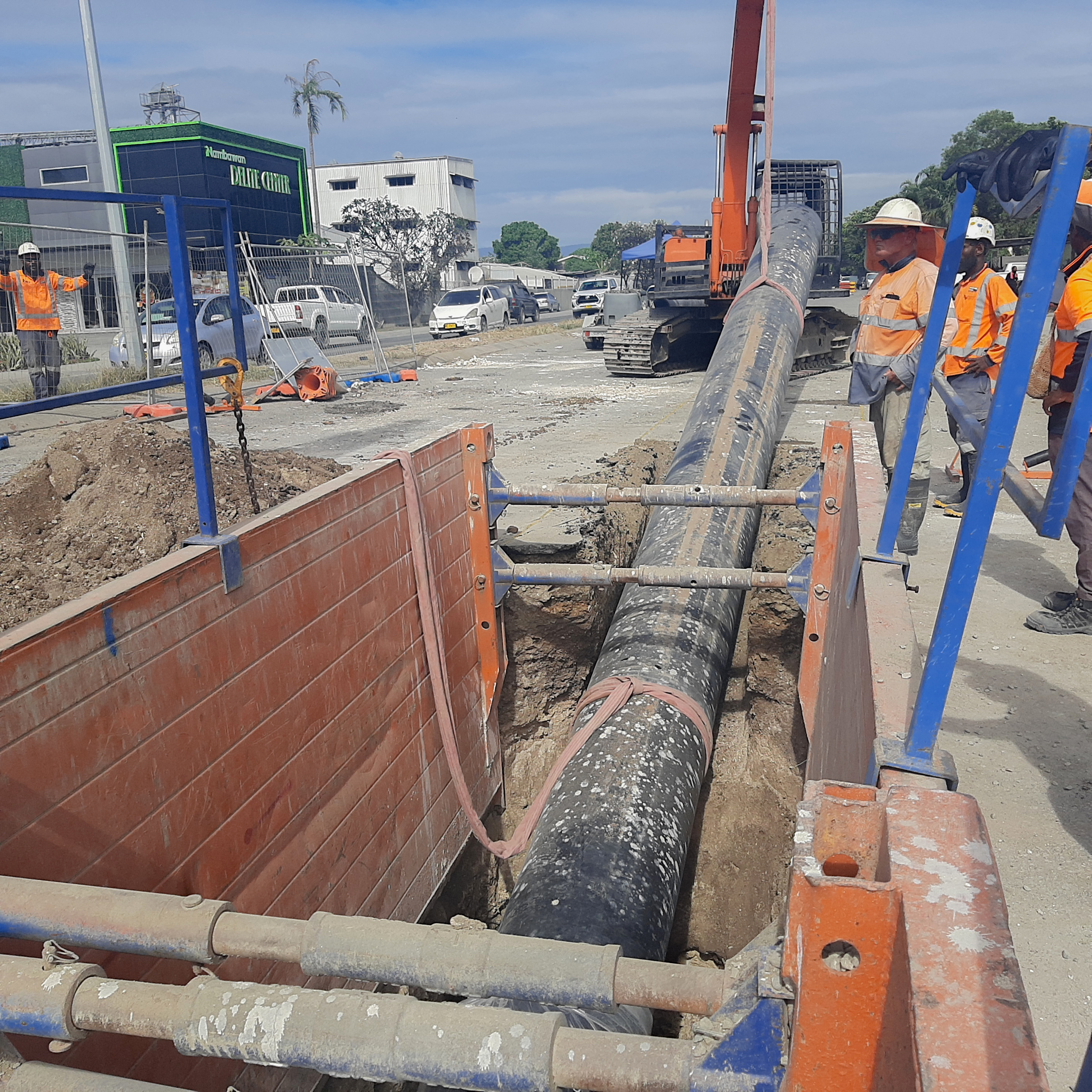
What Makes This Project So Complex?
Laying down a sewer of this magnitude comes with its own set of challenges. One of the most striking aspects of the project is the extensive use of heavy machinery. Excavators dig the trenches, drive in steel sheet piles to support the walls, and handle the removal and sorting of materials. As the construction is happening below the water table, powerful pumps are also working around the clock to drain excess water from the trench.
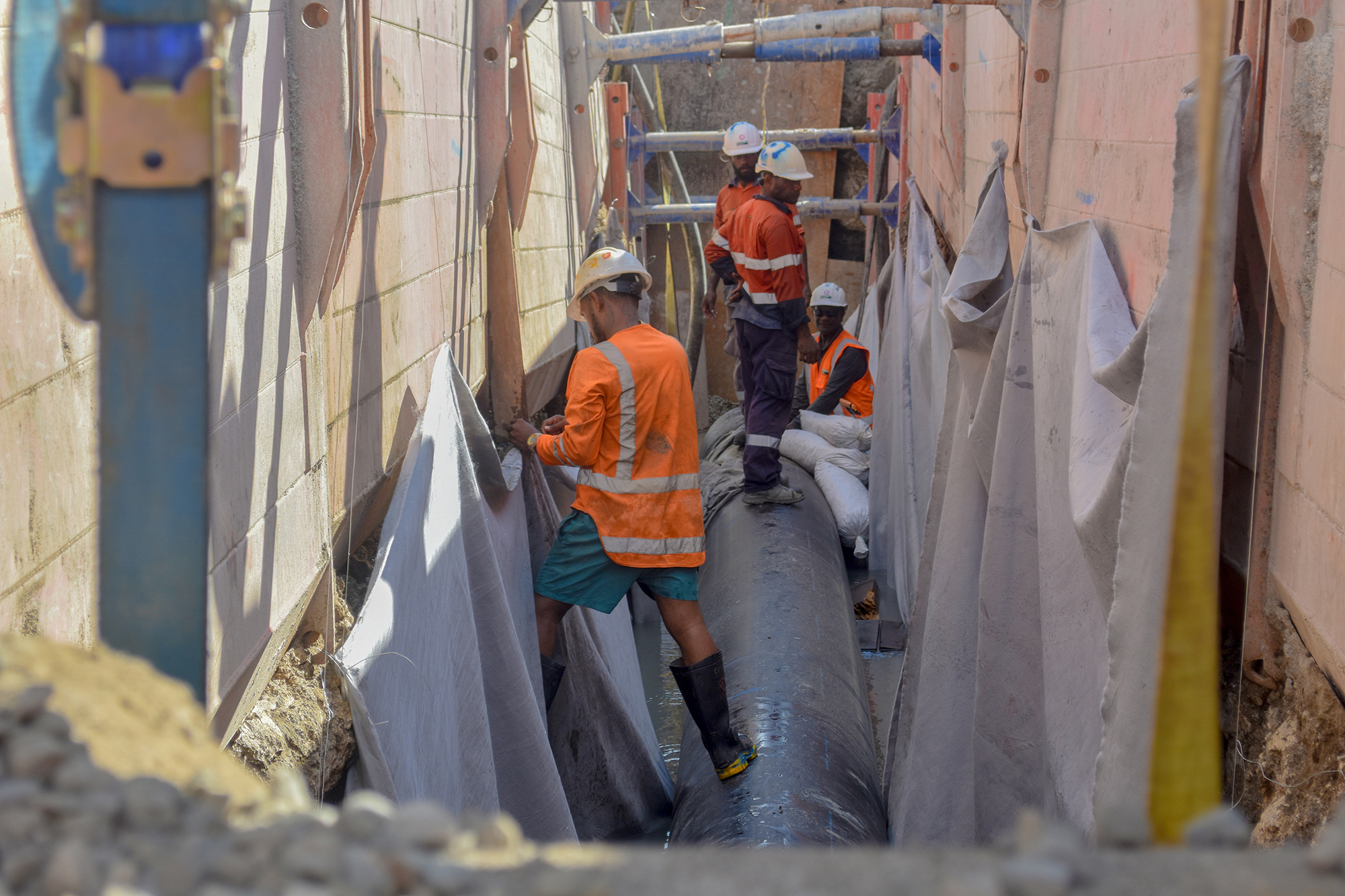
The steel sheet piles—those large W-shaped bare metal sections lining the edges of the trenches—are key to ensuring worker safety. These piles are driven deep into the ground and propped into place to prevent the trench from collapsing while workers lay the pipes. Safety protocols are stringent, as these large trenches can become hazardous without the right supports in place.
An added layer of complexity comes from the need for UXO (Unexploded Ordnance) surveys. Honiara, like many other areas in the Solomon Islands, still bears remnants of World War II. Before any section of the trench can be dug, thorough surveys must be conducted to ensure there are no unexploded munitions, and these surveys must be repeated at multiple levels of depth as the trench progresses.
Environmental Responsibility
Despite the scale of the excavation—an estimated 15 tonnes of material are removed for every meter of trench—SIWA is committed to reducing the environmental impact of the project. The company is taking steps to reuse as much excavated material as possible for backfilling, minimizing waste and limiting the number of truckloads that need to be transported offsite.
When Will It Be Done?
SIWA understands the inconvenience that construction can cause for residents and commuters. However, the benefits of the new sewer will far outweigh the temporary disruptions. The full project is expected to be completed by April 2025, with some sections of the road reopening earlier to help ease traffic congestion.
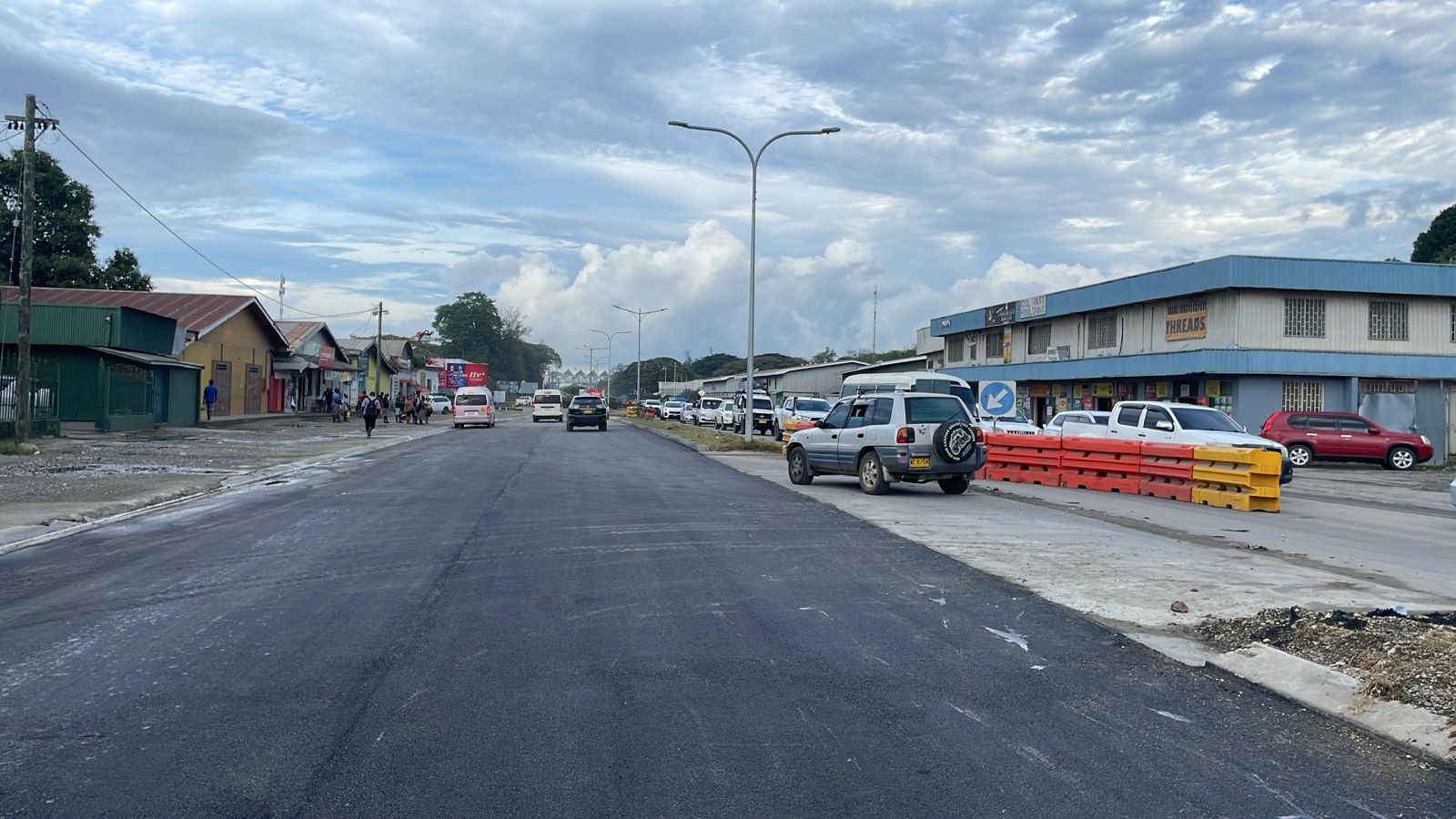
A Cleaner, Healthier Future for Honiara
Once complete, the Fisheries to Ranadi Sewer project will be a cornerstone of Honiara’s urban infrastructure. It will provide the city with the capacity to grow, meet its sanitation needs, and protect public health for decades to come. This is more than just a construction project—it’s a critical investment in the well-being and future of the people of Honiara.
SIWA remains committed to providing reliable, safe, and sustainable sanitation services to support Honiara’s continued development. This sewer project is one part of a broader vision for a cleaner, healthier, and more resilient city.
SIWA will continue to keep the public informed about the progress of the Fisheries to Telekom Sewer project. Monthly updates will be provided to ensure the community stays up to date on construction milestones, road closures, and any developments related to the project. These updates will be available on Solomon Water’s website, social media platforms, and through regular press releases, allowing residents and stakeholders to follow the project’s journey until its completion in April 2025.
For more information, please contact Customer Care Service.
Phone: 44700
Email: This email address is being protected from spambots. You need JavaScript enabled to view it.
Facebook: www.facebook.com/SolomonWater

